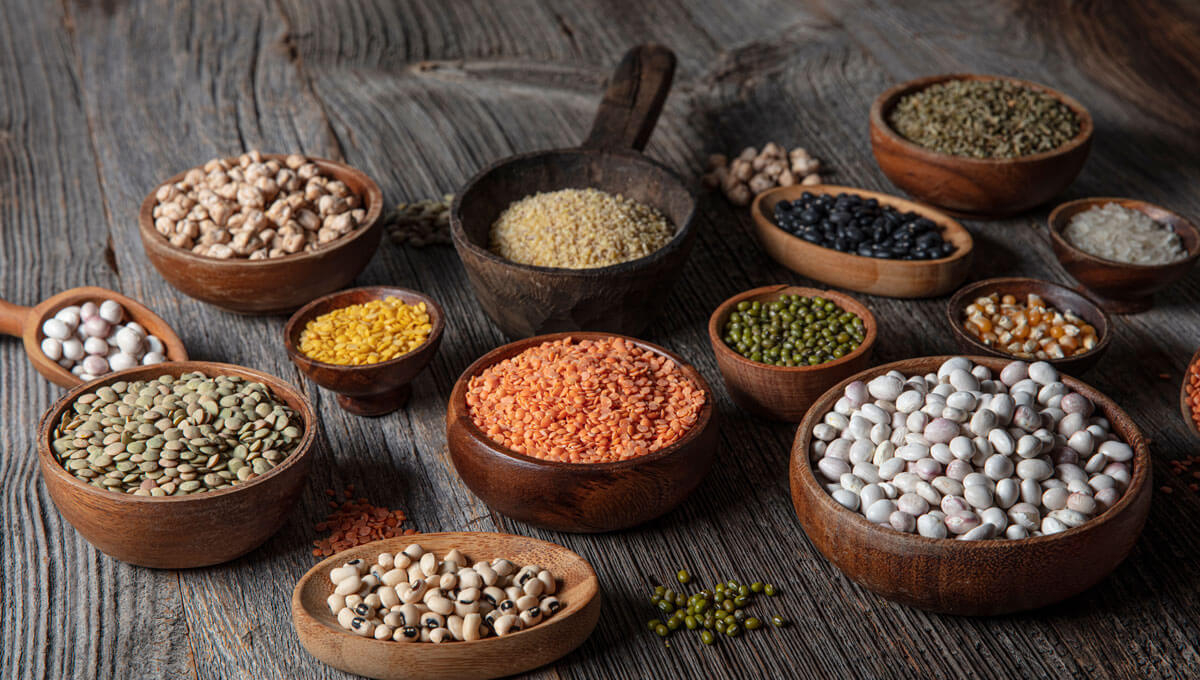
Ways to drink more water

Different types of carbohydrates are not the same. Although most people shy away from using sugar and limit their carbohydrate intake, those carbohydrates cannot be completely excluded from the daily diet. Nutritionists distinguish two basic groups of sugars. What are complex carbohydrates? What is their role in the body?
Complex carbohydrates are saccharides made of at least two monosaccharides. They are often called "good sugars'' by the nutritionists and supplementation experts. Among them, two minor subgroups should be distinguished:
In addition to differences in chemical structure, complex carbohydrates are characterised by a slower rate of energy release. Oligo- and polysaccharides are more challenging for the body than simple sugars, which cause a rise in glucose concentrations soon after consumption. In the case of complex sugars, this process occurs gradually. However, it is worth remembering that some carbohydrates (such as fibre) are not digested and absorbed in the digestive tract.
Di- and polysaccharides are found in many foods that can be used in the daily diet. The most common sources include whole grain products (e.g. dark bread and pasta), dry pulses (e.g. beans, soybeans, chickpeas) and a variety of groats.
There is no doubt that oligo- and polysaccharides provide the body with energy. Glycogen is a complex carbohydrate that plays an incredibly important role in the context of broadly defined psychophysical activity. Workouts or exhausting and focused work break down stored glycogen stores. In this way, we create opportunities for the body (including the neuromuscular system) to work at high speeds. That's why it's important to eat a wholesome meal after exercise or intensive mental work - an optimum distribution of protein, fats and saccharides (especially complex ones) will help to rebuild these energy reserves.
At this point, it is worth mentioning that complex carbohydrates reduce the chances of gaining weight and increasing the amount of fat tissue. This is due to the GI (glycaemic index), which determines the rate at which blood glucose levels rise and the chance of insulin being released. Disaccharides and polysaccharides have a medium to high GI value, resulting in a gentle release of energy (slow increase in glucose levels) and a non-exaggerated release of insulin, which means that they do not increase the risk of insulin resistance, one of the consequences of frequent consumption of monosaccharides.
The information below is required for social login
Sign In
Create New Account